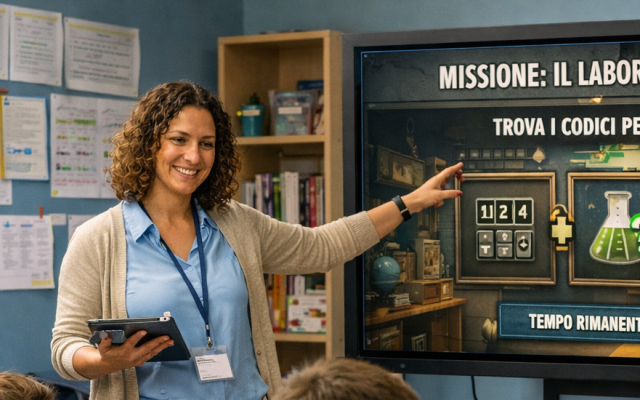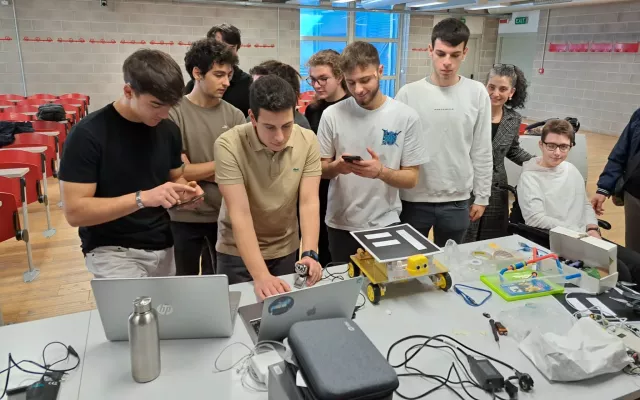The latest OECD report confirms the challenges that the Fondazione Mondo Digitale is working on
The new OECD report Education at a Glance 2025 paints a picture of Italy lagging behind on some key education indicators, precisely those on which the Fondazione Mondo Digitale focuses its daily efforts with schools, universities, businesses and local communities.
According to the report:
- 37% of adults have low literacy levels, compared to the OECD average of 27%.
- Only 15% of young people with parents without a diploma manage to graduate, compared to 63% of those with at least one parent with a degree.
- University completion rates remain low: 37% complete their studies on time, compared to 43% of the OECD average
- Spending on education is 3.9% of GDP, below the OECD average (4.7%), with investment per university student halved compared to other countries (8,992 USD compared to 15,102 USD)
- Italian teachers' salaries are 33% lower than those of their colleagues with university degrees, and from 2015 to 2024 they fell by 4.4%, while in other OECD countries they grew by 14.6%.
The picture highlights the crucial issue of educational inequalities, which continue to limit social mobility and the system's ability to attract and retain the best talent.
‘These figures confirm the urgent need for a shared strategy to reduce educational gaps and ensure opportunities for growth for all. This is the mission that the Fondazione Mondo Digitale is pursuing with programmes for lifelong learning, digital inclusion and future orientation, in close collaboration with schools, institutions and public and private partners,’ says Director General Mirta Michilli.
The challenge is fully aligned with the European objectives of the Digital Decade and the United Nations' 2030 Agenda, which call for inclusive, high-quality education systems capable of accompanying people throughout their lives. Through its projects, the Foundation helps to strengthen the skills of students, teachers and citizens, promotes the participation of women in STEM disciplines and supports schools as a decisive lever for the country's development.


